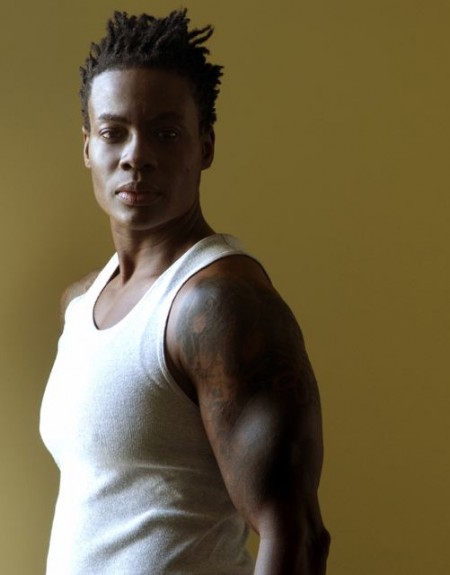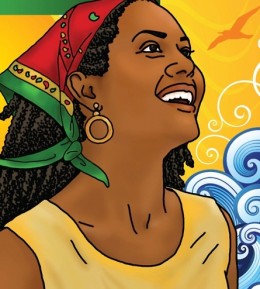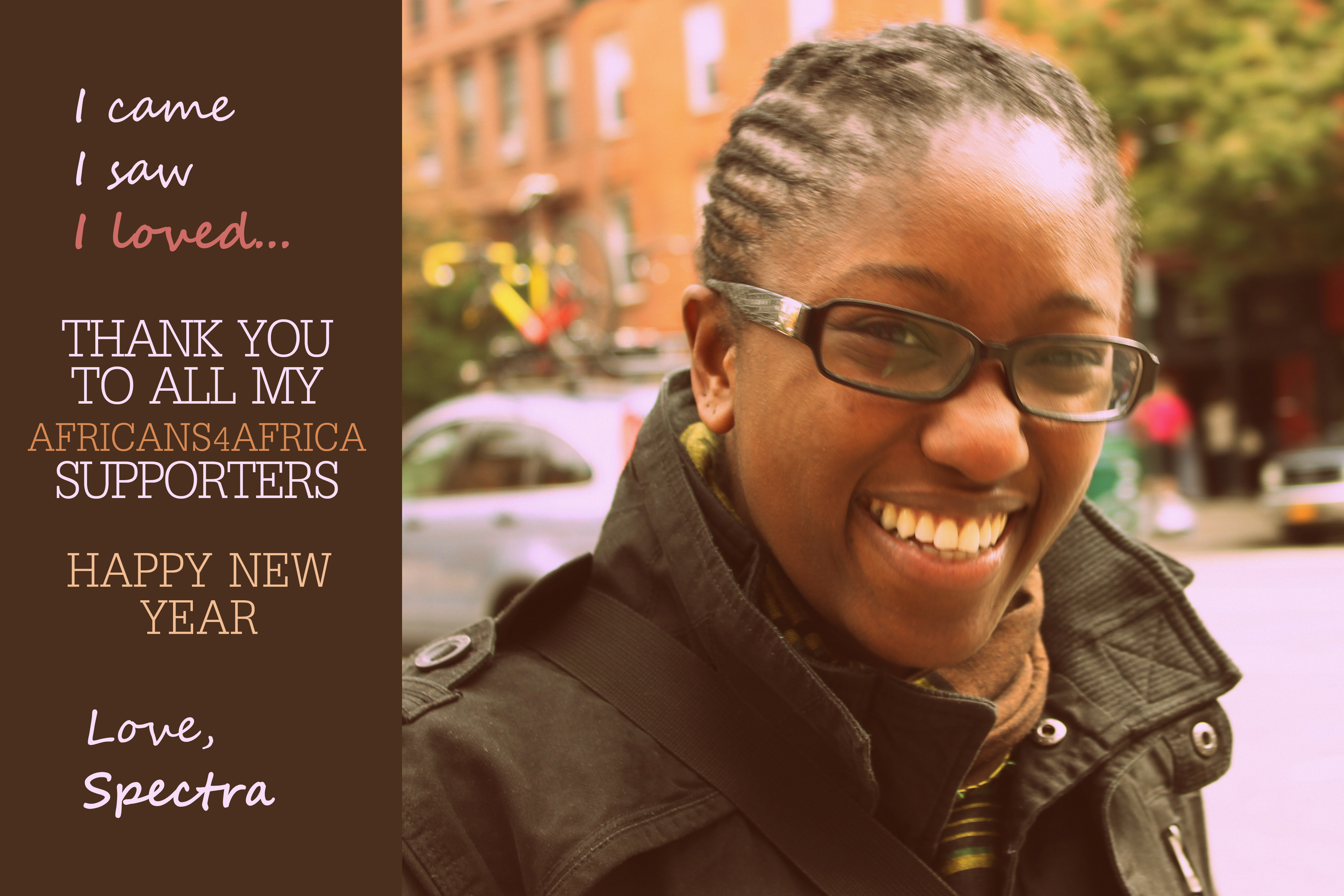When I woke up to International Women's Day celebrations today, the first thing on my mind wasn't politics, but the personal connections I didn't know I would forfeit the minute I stopped wearing skirts, traded in my long hair for a frohawk, and fell in love with a woman. In…
-
Afrofeminism - Blog - Gender and LGBT Issues - LGBT Africa - My Work - The Political, Personalized - Writing and Guest Blogging
-
African Feminism - Afrofeminism - Blog - Movement-Building - Self-Care and Self-Love - Special Series - Thought Leadership
Celebrating Audre Lorde with Jamaican Feminists: Activism, Self Care, and Virtual Sisterhood
I was invited by a Caribbean feminist collective to participate as a virtual guest in their Audre Lorde appreciation event this past weekend. After weeks of fighting a winter slump, I ended my Skype session feeling nourished and optimistic, which has prompted some reflecting on the power of sister circles,…
-
Africans for Africa - Afrofeminism - Blog - Gender and LGBT Issues - LGBT Africa - Media - Music - Special Series
Award-Winning African Artist Shishani Releases Video for New LGBT Equality Anthem, “Minority”
Award-winning Namibian indie soul artist, Shishani, has just released the music video for her latest single, “Minorityâ€, a catchy, upbeat, acoustic track that calls for freedom and equality for all people despite perceived differences. She recently sat down with me to chat about her rise to stardom, her thoughts on…
-
I Have a Dream: Imagine Martin Luther King, Jr. As Weak
Rather than the prophetic force he's been eulogized to be, imagine Martin Luther King Jr. as just another man walking down the street, or sitting at a bus stop looking down at his knees, pensive... wondering whether or not he was doing the right thing. Imagine him as human, so…
-
Open Letter to Africans for Africa Supporters: Love Is My Revolution
This is my last post for 2012. I've been back in the states for almost two weeks, struggling with what words to send you in closing of my Africans for Africa new media training project. I've started about a dozen posts and letters, and have scrapped them each time. But…
Online rulet oyunları gerçek zamanlı oynanır ve online slot casino bu deneyimi canlı yayınlarla destekler.
İnternet üzerinden eğlence bahsegel giriş arayanlar için deneyimi vazgeçilmezdir.
Kullanıcıların hesaplarına hızlı ve sorunsuz bettilt ulaşabilmesi için adresi her zaman güncel tutuluyor.




